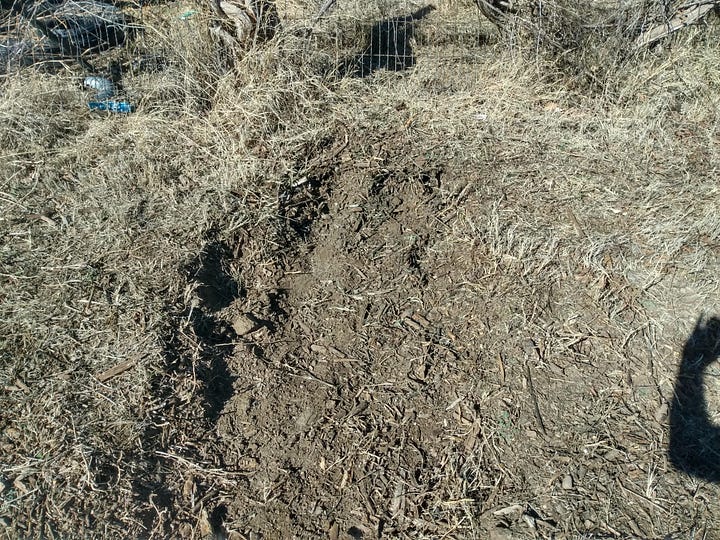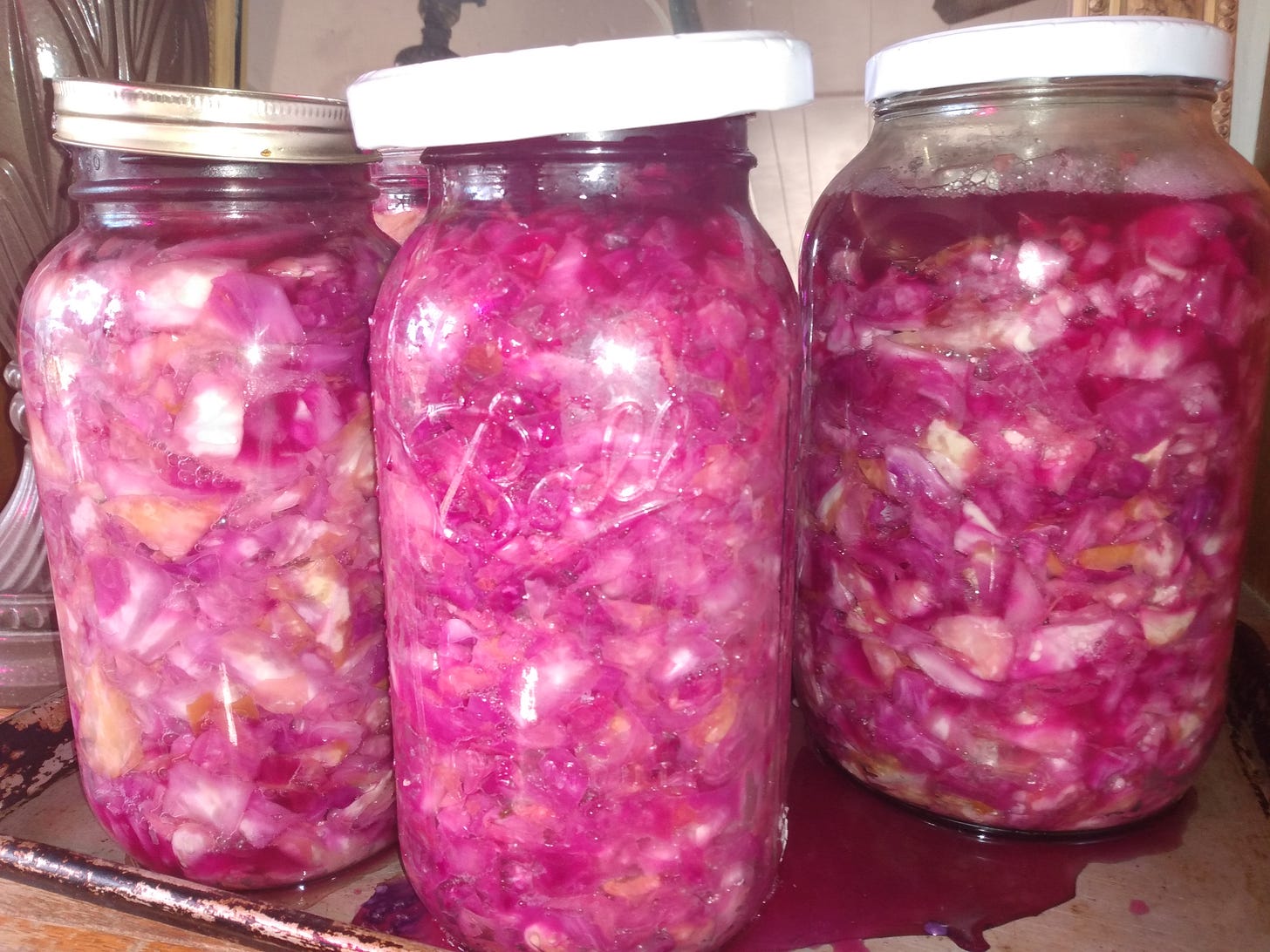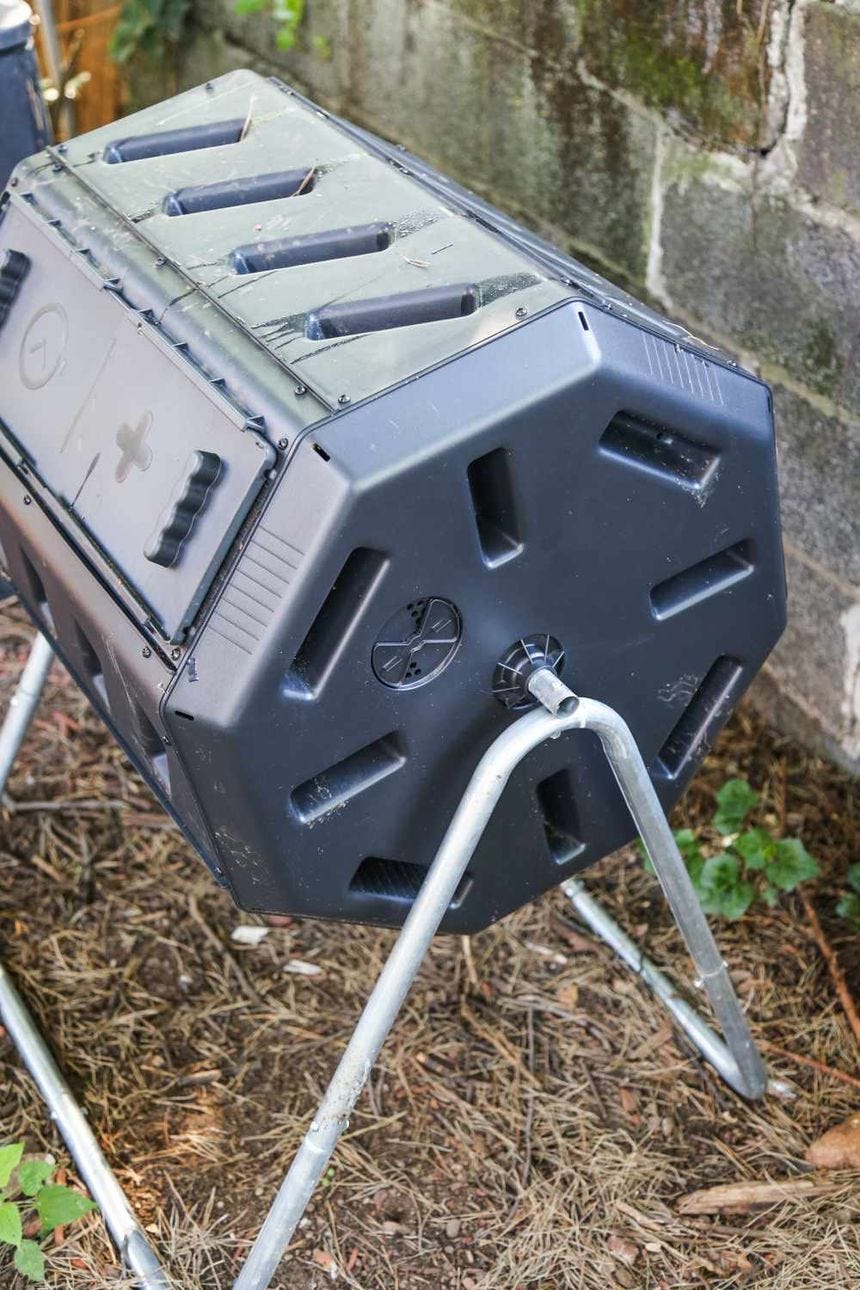Sometimes when you are laying down a rich mixture of experiences, good health, and rewards, such as
family time slaughtering a now-surplus drake
eating a salad from your tomatoes and cucumbers in the greenhouse
sauering some kraut
confident that the mix will be fertile soil in which your children will grow into sturdy adults fruitful of their own next generations,
you just have to furiously heap it up, willy nilly, taking a few shortcuts. Such as skinning the drake instead of plucking it.
This transmission is about how to take shortcuts with one activity, composting. Even more, this transmission is about letting nature do your work for you in all your arenas. This is about the ethic of founder wu-wei.
Why compost
It’s beautiful and rewarding when nature's junk turns into beautiful soil. It's spiritual. It draws you out and connects you. Its something even little children can participate in and enjoy. It is an unusual practice but receives strong societal validation which is the sweet spot for practices that reinforce family identity. It lends itself to metaphors and teaching moments. It can be very educational. As a hobby, it is one of those practices that are rewarding when done on a basic level but where you can go much further if you wish. It is craft--there is a hands-on art to it. It can be done on all sorts of steader arrangements from vast farms or town waste facilities to small urban apartments that carefully compost a few scraps to enrich the pots of herbs and flowers.
How to compost
This is not your primer to advanced technique. There are books, websites, videos, devices. We've tried some of them and with trial and error they seem to work.
Compost tea is great. Enriching your compost with your old neighbor's secret coffee ground recipe is great. There are even extremely sophisticated techniques that involves aerated containers composting in place so you don't disrupt the delicate webs built throughout your new soil. We are eager to try it.
But we are mostly here to say that you can also just heap stuff up and leave it. This is the less sophisticated version of composting in place, where you just toss stuff into your garden.
Here is what was originally a pile of woodchips, stacked up three years ago with a landscaping project in mind and then left until it moldered down and the weeds grew over it.


Here are bins where the manure was left to sit over the winter.
Here is compost just added to a garden bed from a poultry pen where everything was just tossed in and then left, with a new layer added every week or so, for about a year.
These techniques aren't perfect. They won't kill all the weed seeds. They will smell at times (which, for some reason, kids love). They also work.
Why does it work
Nature wants to compost. When you give her the opportunity, she will.
Why does everything work
Nature is on your side in so many ways. That is why your project of sane, continuing steady families and communities and nations is going to work. Your family wants to be intensely warm and loving and enduring. Teenagers want to be loving and obedient. Your children want to grow up to be like you. People want to be led into healthy, functional arrangements. Your daughters want to marry and have children. Your sons want to marry and be fathers. If you try, it is easy to pull off. Because it is natural.
Human Colony Collapse Disorder
Today’s transmission has two messages. You are in the middle of an unprecedented human extinction event. Don’t worry, be happy.
You just have to do enough to give them the chance. Embrace the wu-wei of being a founder.












